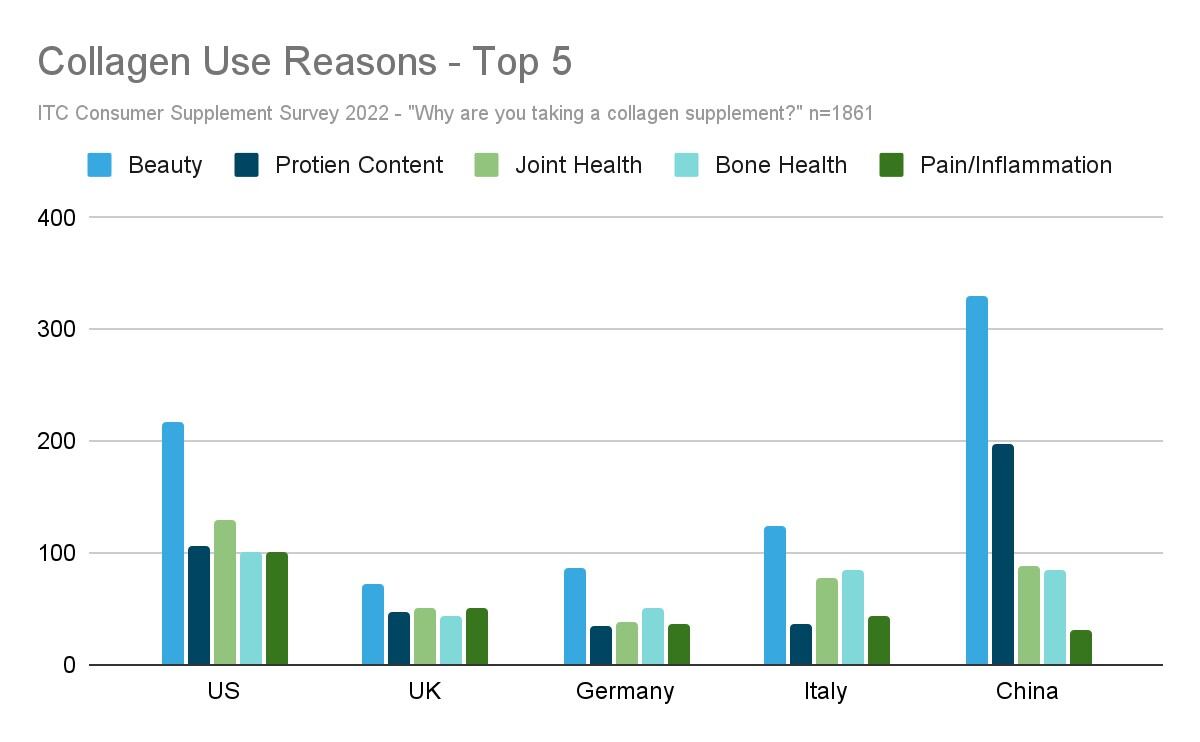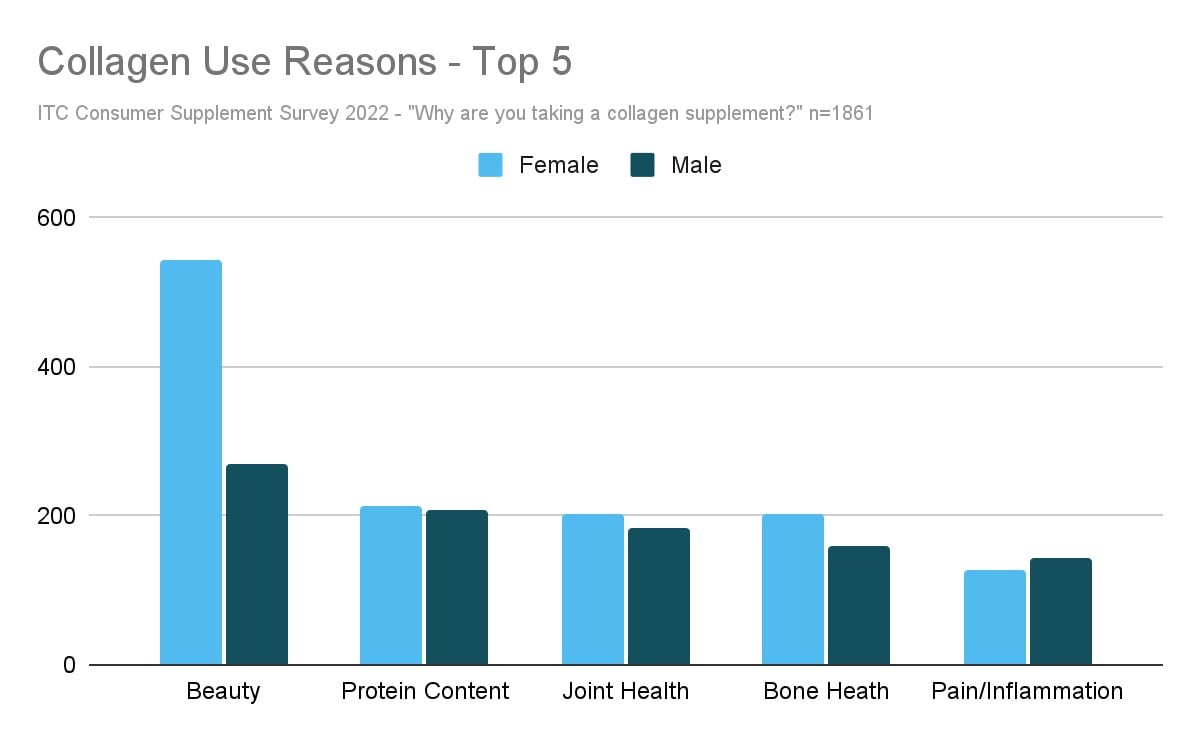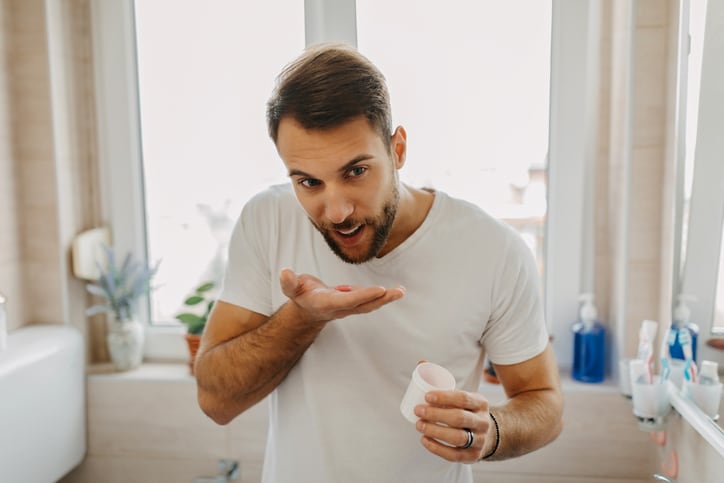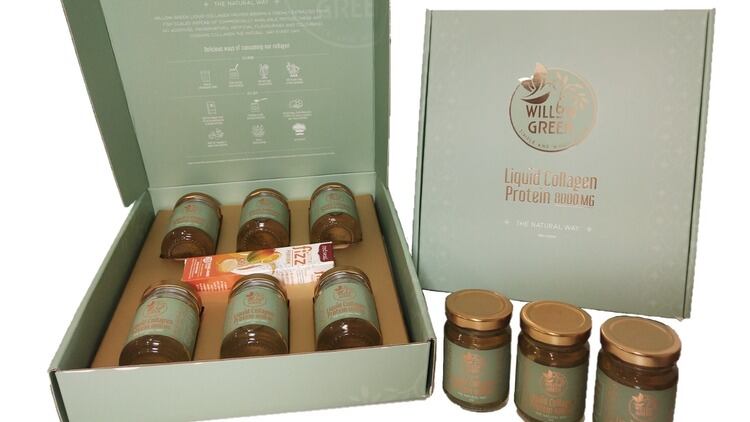A survey of supplement users across the UK, Germany, Italy, the US and China, conducted by industry intelligence firm Industry Transparency Center (ITC), found that ‘beauty-related benefits’ outranked all other benefits as the leading motivator for taking collagen, ahead of protein content, joint health, bone health and pain/inflammation. Findings showed beauty was the most prominent purchase motivator in China, significantly ahead as the dominant reason for purchasing collagen supplements.
“Beauty-from-within still dominates as the reason consumers of supplements take collagen – especially in China, Italy and the US,” Len Monheit, CEO of ITC and the Collagen Stewardship Alliance (CSA) which represents the collagen sector, told CosmeticsDesign-Europe.

And the data set revealed little generational discrepancy. “For collagen consumers, beauty is the top concern regardless of age group, with only a 5% swing as respondents’ age increases,” Monheit said.
The survey found typical collagen users spend about €30 per month on supplements, with capsules, beverages and pills preferred over powders, although all these formats were popular.
While women remained the most interested in edible beauty, about half as many men purchased collagen supplements for reasons of beauty, more than for any other reason among males.

The call for more science and better claims
The collagen market has sustained a meteoric decade-long rise even with a nascent level of science-backing and few authorised health claims anywhere in the world – certainly none in Europe – although claims enforcement by local standards agencies is notoriously lax in many European countries.
Nutrition Business Journal estimates the US collagen supplements market alone will be worth €400 million in 2022, up from €50m in 2014. The market was estimated to be worth about €2 billion globally in 2021 and expected to grow at about 5.5% annually through to 2028, according to Grand View Research data.
Monheit said the CSA was encouraging its membership to invest more in research and “challenging misinformation” around claims or sourcing where it saw fit, so as not fall victim of its own success as unscrupulous players are attracted to the sector seeking easy financial gains.
Typical benefit claims currently made in the category around beauty include wrinkle reduction, reducing collagen fragmentation, adding ‘body’ to hair, and improving skin hydration.
“Yes, research is needed, and it’s being done by sector leaders,” Monheit said. “This is especially true in the beauty-from-within sector – it’s such a buoyant one that we need to ensure the science continues to substantiate the benefit claims and maybe even more importantly, the expectations.”
‘Standardisation’ of collagen ingredients
Monheit added: “Misleading or even undeclared sourcing is an issue. As in many sectors, there is frequent borrowing of others’ science. We are educating and calling out on both these issues. We are in the process of constructing a research library as a supporter benefit.”
In this direction, the CSA is working toward standardisation of an ingredient that comes in many forms and has many methods of measuring its moving parts.
“It’s one of our key initiatives,” he said. “All collagens are not equal, frequently there is a matrix involved – some is fully hydrolyzed, some is partially hydrolyzed – and so typically many just break it down and measure the constituent amino acids. We think that falls short and as a group are working on other means to tell quality as well as note source and type.”
Vegan collagen anyone?
As more and more consumers seek alternatives to animal-sourced ingredients or more thoroughly investigate ingredient provenance and sustainability credentials, there has been a lot of momentum to develop vegan collagen, to offer an alternative to an ingredient almost exclusively sourced from the by-products of animals like pigs, cows, chickens and fish.
And despite promising projects, Monheit said pure vegan collagen remains far from seeing the commercial light of day.
“Vegan collagen does not yet exist in a substantiated way – the only current commercial source of collagen is from an animal protein. We are seeing some non-animal sources from cell-based systems that can produce collagen, but most are not yet at scale. Vegan collagen boosters do exist and there are some reputable ones out there.”
Into this commercial reality have stepped rogue players making spurious collagen claims.
“Unfortunately, what we’re also seeing is misleading labelling touting ‘vegan’ or ‘pro’ collagen with tiny text indicating it’s a booster. That’s leading to consumer confusion – the ITC survey found many consumers still seek vegan sources, so we’ve got our work cut out for us in education.”
'Environmental, sustainability and sourcing stories'
Collagen supply giants like Rousselot and Gelita have heavily invested in improving their supply chains, making them more transparent and attaining verification in the form of international Good Manufacturing Practices (GMPs) or bodies like the Marine Stewardship Council (MSC).
But Monheit believes more could be done as, “despite excellent records for the most part, many of the collagen suppliers have not done everything they could have in telling their environmental, sustainability and sourcing stories”.
CSA is in the midst of providing supply chain education to its collagen players. “Perhaps it’s time for CSA to help tell the story with a UN Sustainable Development Goal (SDG)-based benchmark of our supporters,” he said.




